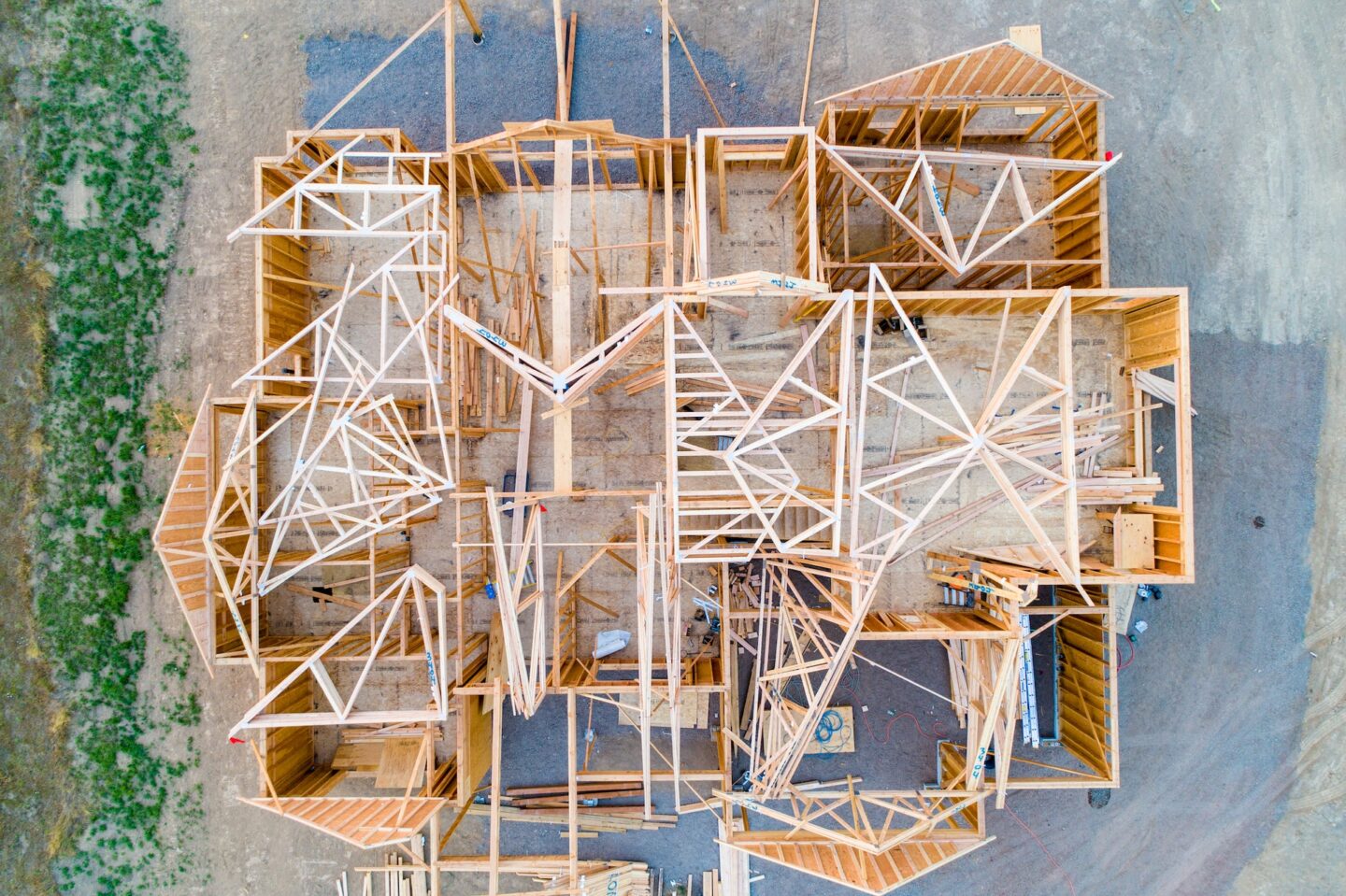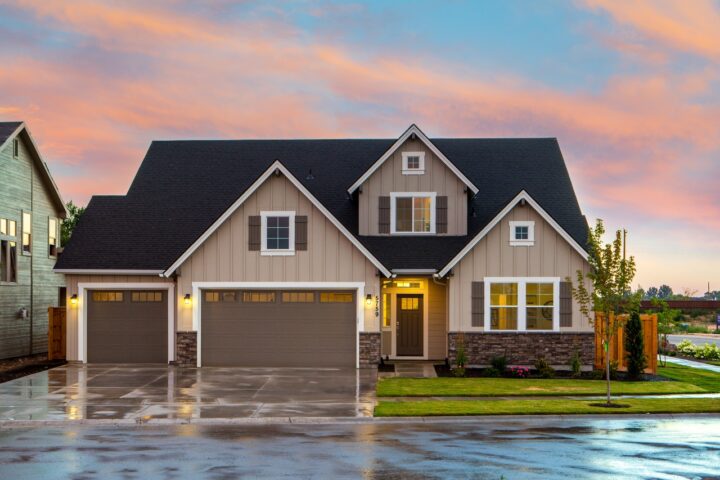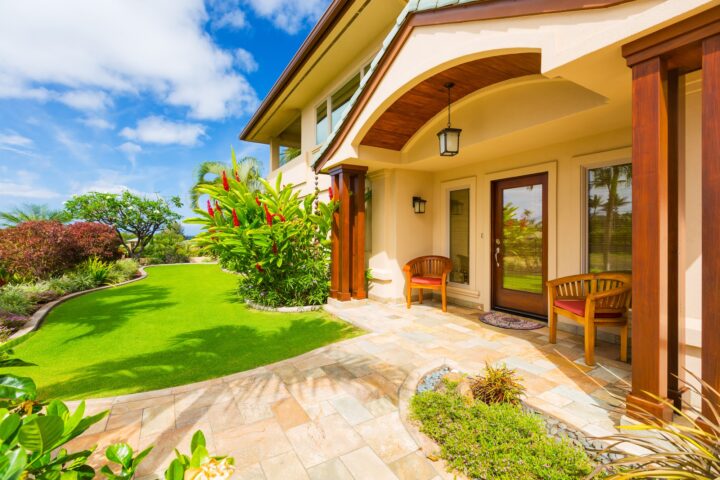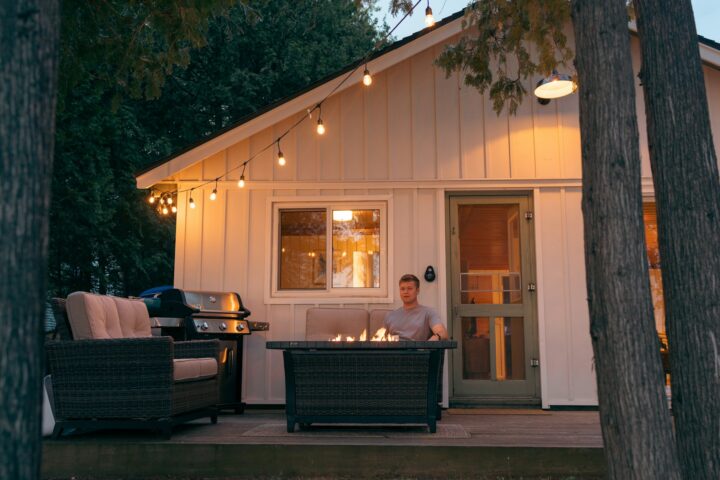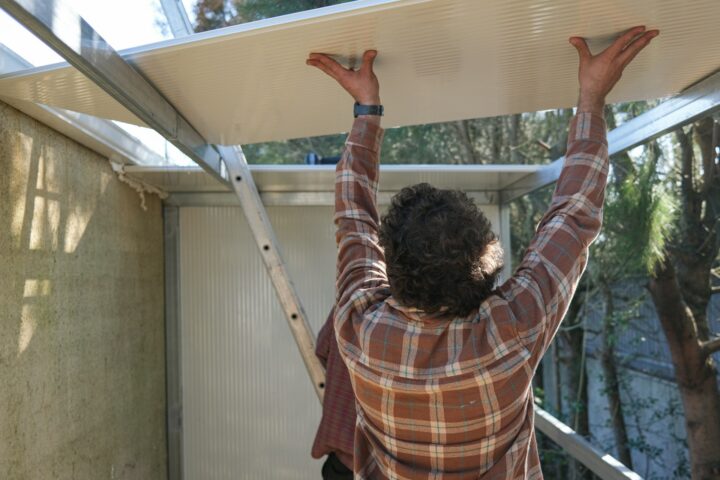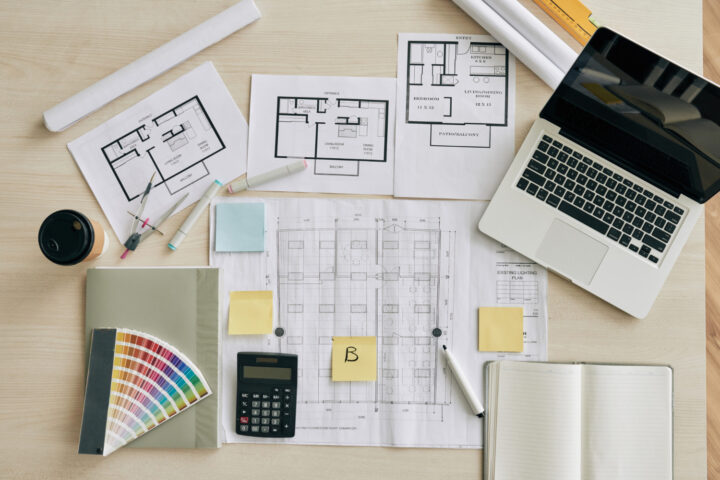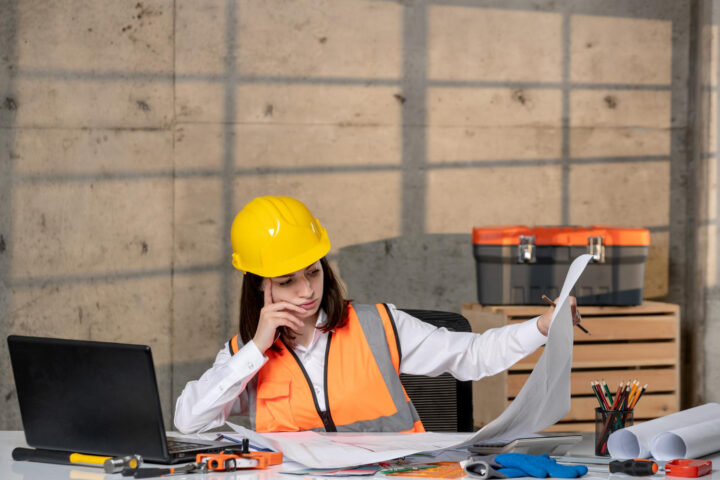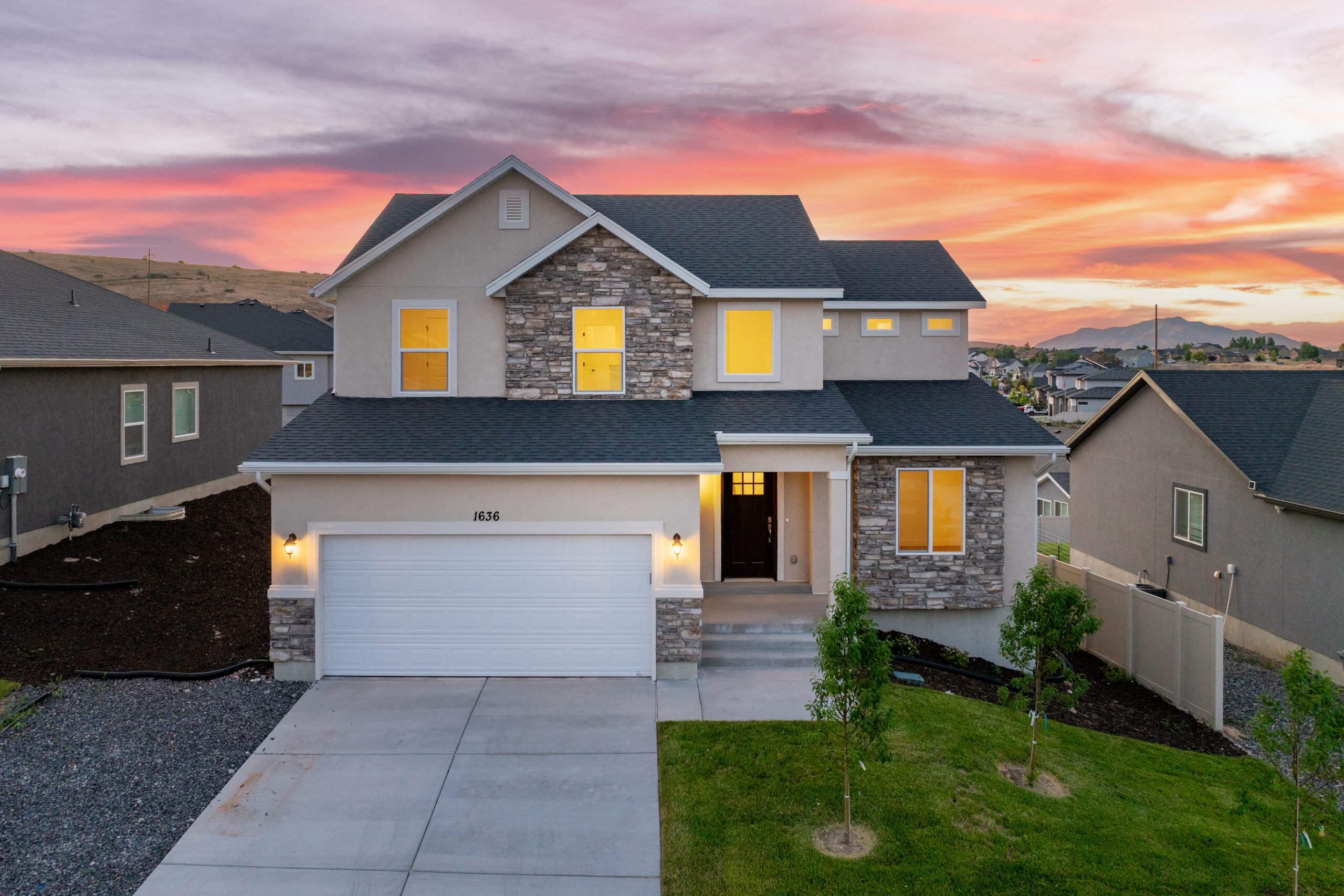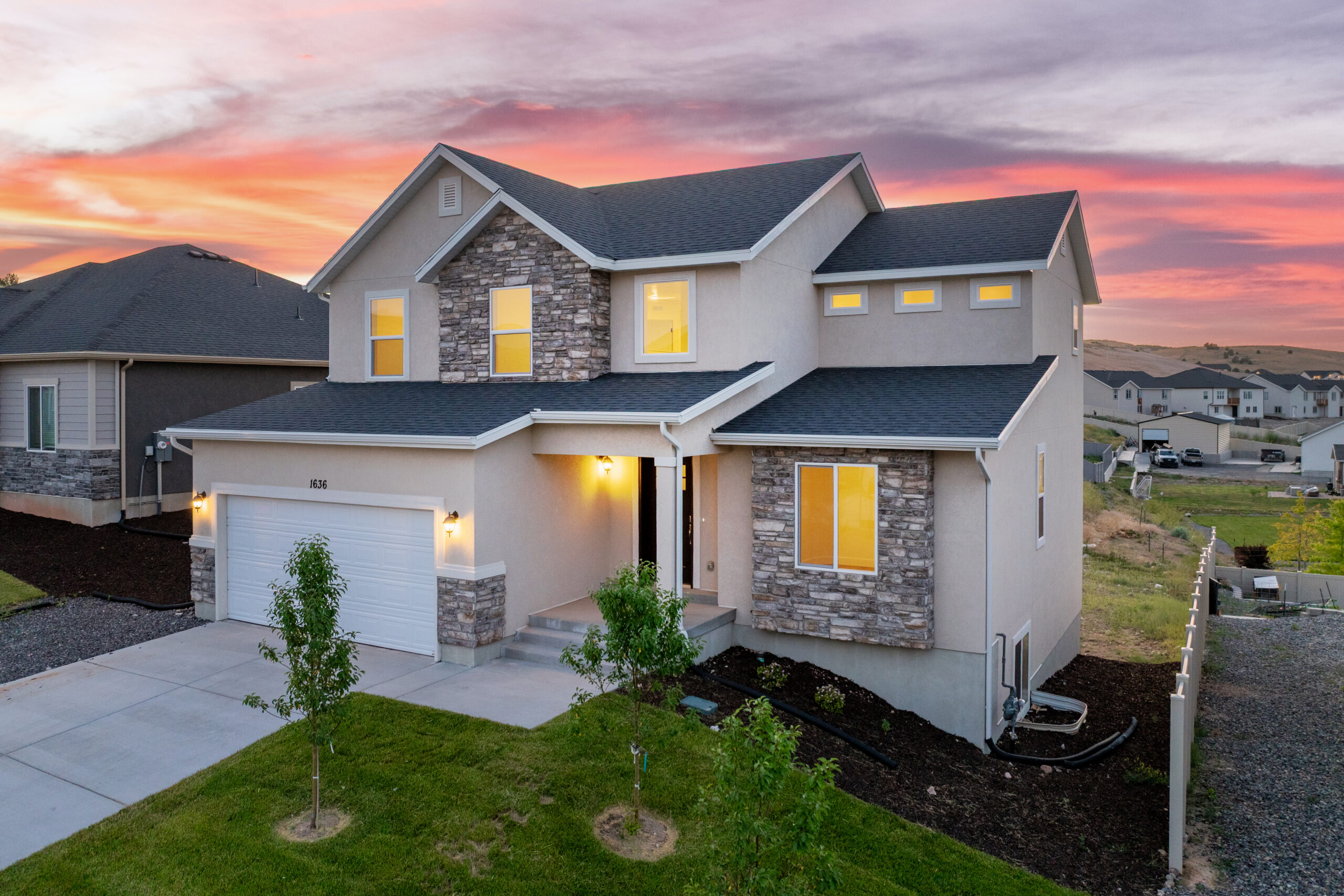Constructing a home can be thrilling and fulfilling, but it may also present difficulties. It’s a significant investment of time and money, and it’s essential to understand what you’re getting into before you begin clearly. This article will explore seven things you should know before building a house.
1. Budgeting
The first thing you need to know before building a house is how much money you have available. You will need to set a budget that includes all the costs associated with building a house, including the land, materials, labor, and permits. You’ll also need to factor in any unexpected expenses that may arise during the building process.
It’s important to be realistic about what you can afford. You don’t want to be in a situation where you’ve run out of money before completing the project. To avoid this, consider working with a financial advisor or a mortgage broker to help you determine what you can afford and to help you secure financing.
2. Choosing the Right Builder
Choosing the right builder is critical to the success of your project. You want to hire someone experienced and skilled in building the type of house you want. You’ll also want to ensure they’re licensed, insured, and bonded.
To find the right builder, start by doing your research. Look for builders in your area with a good reputation, and ask for references from friends and family who have recently built a house. You can also check with your local home builders association for recommendations.
Once you’ve found a few potential builders, ask them for a detailed estimate and a timeline for the project. This will help you compare their costs and schedules to ensure you get the best value for your money.
3. Location, Location, Location
The positioning of your home is equally crucial as the actual property. Consider the surrounding area, the schools nearby, and how close it is to facilities such as shops, eateries, and leisure activities.
You’ll also want to consider the lot itself. Look for a relatively level lot that doesn’t require a lot of site preparation, such as clearing trees or grading the land. Also, consider the orientation of the lot. Choose a lot that faces south or west, as this will maximize natural light and warmth.
4. The Design Process
The design process is an exciting part of building a house. It’s where you get to put your stamp on your new home and create a space that’s uniquely yours.
During the design process, you’ll work with an architect or a designer to create detailed plans for your house. These plans will include everything from the layout of the rooms to the finishes and fixtures you want to use.
It’s important to be clear about your wants and needs during the design process. This will ensure that the plans reflect your vision for your new home. Don’t hesitate to ask questions or request changes if something feels wrong.
5. Permits and Regulations
Building a house requires a lot of permits and approvals. You’ll need to obtain permits from your local building department for everything from the foundation to the roof. You may also need permits for plumbing, electrical, and HVAC work.
Working with your builder is important to obtain all necessary permits before construction begins. Failure to do so can result in costly fines or even the demolition of your new house.
You’ll also need to know your area’s zoning regulations or building codes. Your builder should be familiar with these regulations and can help you navigate the process.
6. Building Materials
The materials you use to build your house will significantly impact its quality and durability. You’ll want to choose high-quality materials that will stand the test of time.
Consider using materials like concrete, steel, and brick for the foundation and structure of your house. These strong and durable materials provide a solid foundation for your new home.
For the exterior of your house, consider using materials like fiber cement siding or brick. These materials are low-maintenance and will require less upkeep over time.
7. Energy Efficiency
Finally, when constructing a home, it is crucial to consider energy efficiency. Homes with high energy efficiency are eco-friendly and provide a more comfortable living experience while reducing energy expenses.
Consider using energy-efficient materials like double-pane windows, insulation, and energy-efficient appliances. Consider installing solar panels or a geothermal heating and cooling system to reduce energy consumption further.
Conclusion
Building a house is a significant investment and a life-changing decision. Considering the above factors, you can make informed choices and create a dream home that meets your needs and preferences. Planning carefully, consulting with professionals, and staying informed about the latest trends and technologies in home construction will help you build a comfortable, functional, and sustainable living space that you’ll be proud to call your own. Remember, this is your chance to create a home that suits your lifestyle and needs, so take your time and enjoy the process. Happy building!
Looking for a fresh start in a beautiful new build house? Explore Salisbury Homes today and find your dream home in a beautiful community. Contact us to learn more about our available homes and communities.

